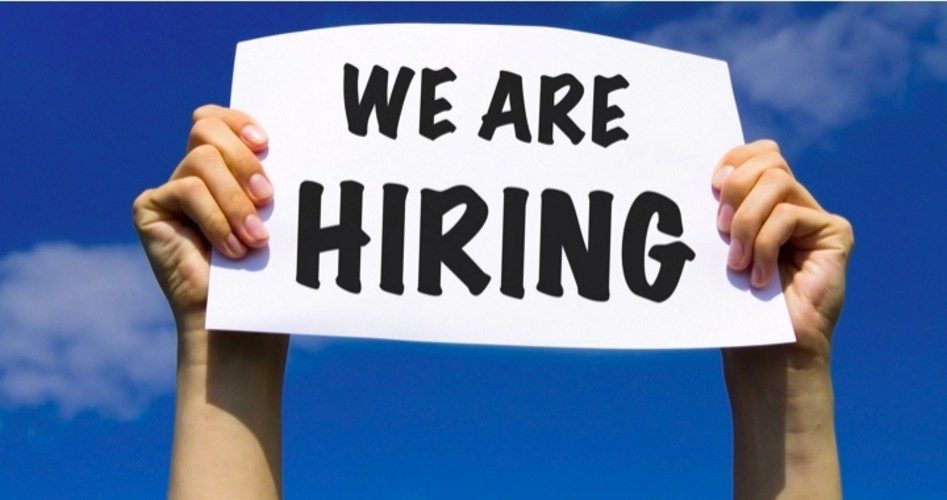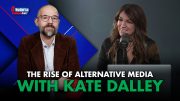
Wall Street celebrated its best quarter since 1987, with the Dow gaining 17 percent from April through June, the S&P 500 Index rising 20 percent and the small-cap NASDAQ leaping 30 percent.
The news came on top of the latest report from the country’s largest payroll processor ADP, which reported that private-sector employment increased by more than 2.3 million from May to June. This came on top of employment gains in April of three million.
Job gains were across the board, with a million new jobs being reported by small companies employing fewer than 50 people, more than 550,000 by midsized companies, and nearly 900,000 reported by companies with 500 or more employees.
The goods-producing sector gained 457,000 jobs, with most of them in construction and manufacturing, while the service-sector employment jumped by nearly two million. The bulk of those, as expected, were in the “leisure and hospitality” sector as restaurants opened and customers flocked to take advantage.
To top it off, the Conference Board said yesterday that its Consumer Confidence Index rose to 98.1 in June from 85.9 in May. Analysts missed the mark, predicting a rise to just 91.8 for the month.
All of this bodes well for the president’s reelection in November. According to Ryan Detrick, a senior market strategist at LPL Financial, the S&P 500 Index has predicted the winner 87 percent of the time, and every time since 1984: “When the S&P 500 Index has been higher the three months before the election, the incumbent party usually won, while when stocks were lower, the incumbent party usually lost.”
In addition, incumbent presidents are a perfect 11 for 11 if the economy avoids a recession in the 24 months ahead of an election.
Polls are shifting in the incumbent’s favor as well. The New American reported on Tuesday that polling results from Optimus showed Biden’s alleged advantage over Trump among likely voters has all but vanished. That same day the Pew Research Center reported that Trump garnered more confidence that he would “make good decisions about economic policy” than Biden.
Perhaps even more important is Pew’s revelation that “optimism about life for future generations has increased among Black adults.” It added:
A larger share of Black people (33%) than Hispanics (26%) or whites (22%) say life for future generations of Americans will be better than life today. And since last September, the shares of Black and Hispanic adults saying this have risen sharply – 16 points and 10 points, respectively – while remaining stable among white adults.
If James Carville’s phrase still applies today — “It’s the economy, stupid” — as it appears that it does according to Gallup, then the economy’s sharp recovery from the government-imposed shutdown bodes well for Trump’s reelection chances.
Image: Thinkstock
An Ivy League graduate and former investment advisor, Bob is a regular contributor to The New American, writing primarily on economics and politics. He can be reached at [email protected].
Related article:



